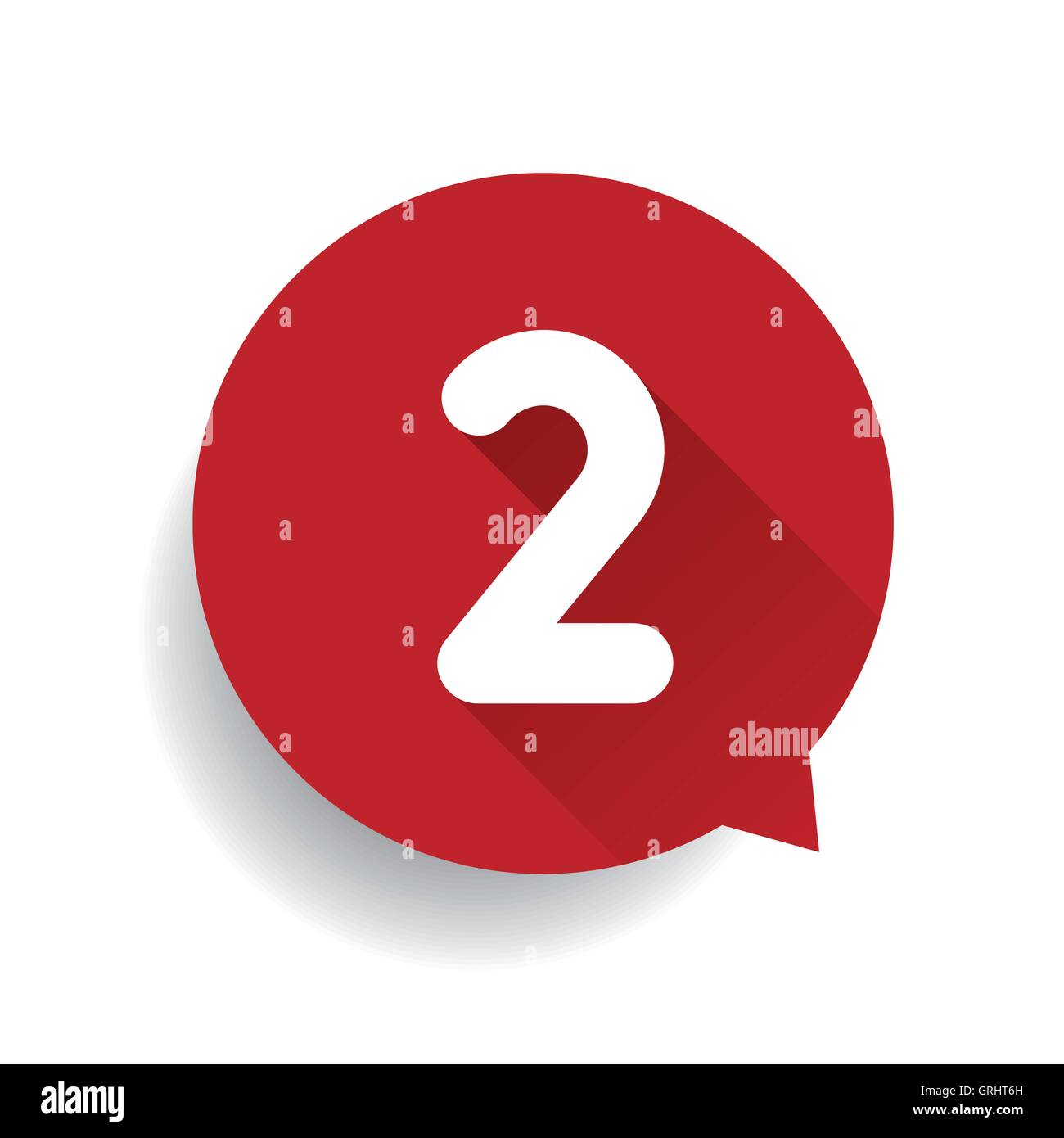Comparing Fixed vs. Adjustable 2-Inch Trailer Receiver Hitches: Which is Best for You?
When it comes to towing, one of the most crucial components is the trailer hitch. Among the various types of trailer hitches available, the 2-inch receiver hitch is particularly popular for its versatility and compatibility with a wide range of vehicles and trailers. However, when choosing a 2-inch trailer receiver hitch, you often face a key decision: should you opt for a fixed hitch or an adjustable one? In this article, we will explore the differences between fixed and adjustable 2-inch trailer receiver hitches, their advantages and disadvantages, and which option might be best for your towing needs.
Understanding Fixed Trailer Receiver Hitches

Fixed trailer receiver hitches are designed to be a one-piece unit that is permanently mounted to the vehicle. They come in various weight ratings and sizes, with the 2-inch receiver being a common choice. Here are some key characteristics of fixed hitches:
- Simplicity: Fixed hitches are straightforward in design and installation, making them ideal for users who want a hassle-free towing solution.
- Durability: These hitches are often made from robust materials, providing a strong and reliable connection for towing.
- Cost-Effectiveness: Generally, fixed hitches are less expensive than adjustable hitches, making them a budget-friendly option.
Advantages of Fixed Trailer Receiver Hitches
![]()
Fixed hitches come with several advantages that can be appealing to certain users:
- Consistent Performance: Since fixed hitches are designed for specific towing capacities, they offer reliable performance without the need for adjustments.
- Less Maintenance: With fewer moving parts, fixed hitches require less maintenance compared to adjustable models.
- Increased Security: Fixed hitches are less prone to theft, as they are permanently mounted to the vehicle.
Disadvantages of Fixed Trailer Receiver Hitches

However, fixed hitches also have some drawbacks:
- Lack of Versatility: Fixed hitches are suitable for a specific height and type of trailer, which can limit their usability for different towing scenarios.
- Height Limitations: If your towing needs change or if you tow different trailers, a fixed hitch may not provide the necessary height adjustments.
Understanding Adjustable Trailer Receiver Hitches

Adjustable trailer receiver hitches, as the name suggests, allow users to modify the height and angle of the hitch ball. This adaptability makes them a flexible option for various towing applications. Here are some characteristics of adjustable hitches:
- Versatility: Adjustable hitches can accommodate multiple heights and trailer types, making them suitable for users with diverse towing needs.
- Ease of Use: Many adjustable hitches come with a simple mechanism for changing height settings, allowing users to make quick adjustments.
- Increased Capability: They often have higher weight ratings, enabling users to tow larger trailers safely.
Advantages of Adjustable Trailer Receiver Hitches

Adjustable hitches offer several benefits that can make them more attractive to certain users:
- Custom Fit: The ability to adjust the height makes it easier to achieve a level towing position, which is crucial for safe towing.
- Multi-Trailer Capability: If you tow different trailers with varying height requirements, an adjustable hitch allows you to switch between them effortlessly.
- Enhanced Towing Performance: A properly adjusted hitch can improve the overall stability and handling of the towing vehicle and trailer.
Disadvantages of Adjustable Trailer Receiver Hitches
Despite their many advantages, adjustable hitches also have some disadvantages:
- Higher Cost: Adjustable hitches tend to be more expensive than fixed hitches, which might be a consideration for budget-conscious consumers.
- Complexity: The added features can make installation and adjustments more complicated for some users.
- Maintenance Needs: With more moving parts, adjustable hitches may require more maintenance to keep them functioning correctly.
Choosing the Right Hitch for Your Needs
When deciding between a fixed and adjustable 2-inch trailer receiver hitch, consider your specific towing requirements and preferences. Here are some factors to take into account:
- Type of Trailers: If you primarily tow a single trailer with consistent height and weight, a fixed hitch may suffice. However, if you frequently tow different trailers, an adjustable hitch provides the flexibility you need.
- Towing Frequency: For occasional users, a fixed hitch may be adequate, while regular tower may benefit from the convenience of an adjustable hitch.
- Budget: If cost is a primary concern, a fixed hitch usually offers a more affordable option without sacrificing reliability.
- Vehicle Compatibility: Ensure that the hitch you choose is compatible with your vehicle’s towing capacity and hitch class.
Case Study: Real-World Examples
To illustrate the differences between fixed and adjustable hitches, let’s consider two hypothetical users:
User A: The Occasional Towner

User A owns a fixed 2-inch trailer receiver hitch. They primarily use it to tow a utility trailer for home improvement projects a few times a year. Since their trailer is the same size and weight each time, the fixed hitch provides them with reliable performance without the need for adjustments. The simplicity and lower cost of the fixed hitch align perfectly with User A’s needs.
User B: The Versatile Adventurer
User B, on the other hand, is an outdoor enthusiast who frequently tows various trailers, including a camper, a boat, and a utility trailer. They opted for an adjustable 2-inch trailer receiver hitch to accommodate the different heights and weights of these trailers. The ability to quickly change the hitch height ensures safe and level towing, making it easier for User B to enjoy their adventures without worrying about compatibility issues.
Statistics to Consider
According to a survey conducted by the National Highway Traffic Safety Administration (NHTSA), improper hitching and trailer height misalignment are among the leading causes of towing accidents. Choosing the right hitch can significantly reduce these risks:
- Over 25% of towing accidents are attributed to improper hitching.
- Vehicles towing trailers with the correct height adjustment experience 30% fewer accidents than those with misaligned hitches.
In summary, the choice between a fixed and adjustable 2-inch trailer receiver hitch largely depends on your specific towing needs and preferences. Fixed hitches offer simplicity, durability, and cost-effectiveness, making them ideal for occasional users with consistent towing requirements. Conversely, adjustable hitches provide versatility and adaptability, catering to users who frequently tow different trailers and require height adjustments.
Consider your type of trailers, towing frequency, budget, and vehicle compatibility when making your decision. By understanding the key differences and advantages of each hitch type, you can select the right option that ensures safe and efficient towing experiences. Whether you choose a fixed or adjustable hitch, investing in a reliable and appropriate towing solution is essential for maximizing your towing capabilities.


